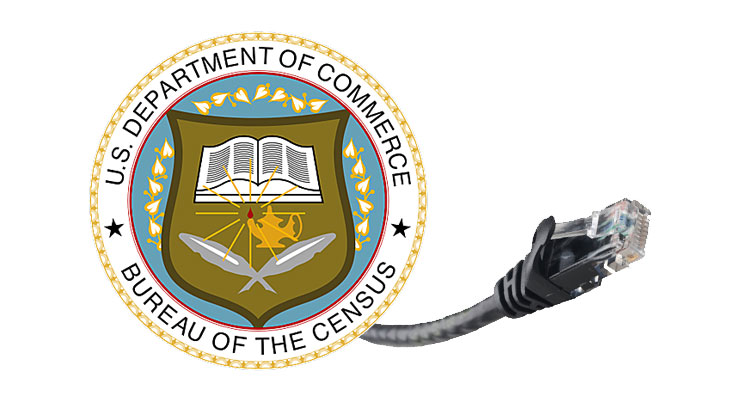
The Lawyers’ Committee for Civil Rights Under Law has been a major player in the several activist-led lawsuits seeking reverse the Trump administration’s decision to add a question about citizenship to the census questionnaire for the first time in history. Kristen Clarke, president and executive director of the Lawyers’ Committee for Civil Rights Under Law, released the following statement in response to yesterday’s Supreme Court’s decision to hear the census case:
“The facts in this case are extremely strong and we are confident that the Supreme Court will issue the right ruling in this case. The record in the cases challenging the administration provide overwhelming evidence that the administration’s goal in adding a citizenship question was to discourage and deter immigrants and communities of color from participating.”
“At the end of the day, the census count stands as one of the most critical constitutional functions our federal government performs and this administration has taken extraordinary steps to jeopardize the possibility of achieving a full and fair count. The Commerce Department’s addition of the citizenship question runs contrary to the constitution and conflicts with data provided by Census Bureau scientists that makes clear that an undercount would be the inevitable result. The administration’s claim that the citizenship question is needed to help enforce the Voting Rights Act is not only false but fully at odds with an administration that has proven hostile to minority voters at every stage.”
The census is a count of the population recurring every ten years in America as mandated in by Article I, Section 2 of the United States Constitution. It is used, among other things, to calibrate the election system to accommodate for changing population over time.
Often overlooked, the census is vitally important to American election law. Many of the key historical American failures and successes involving Native American rights, African-American rights and now immigrant rights take place as legal battles concerning the census. One only need to review the curious wording of the relevant areas of the Constitution to understand that much.
Below is the full text of Article 1, Section 2 of the United States Constitution – written of course in 1789. You might note the hugely impactful and unfortunate part where the founders felt the need make clear the census would be “excluding Indians not taxed”and would count “three fifths of all other Persons”. The “other Persons” they are referring to are slaves – apparently determined to be missing exactly two fifths of their humanity. Here is Article 1, Section 2 of the United States Constitution:
The House of Representatives shall be composed of Members chosen every second Year by the People of the several States, and the Electors in each State shall have the Qualifications requisite for Electors of the most numerous Branch of the State Legislature.
No Person shall be a Representative who shall not have attained to the Age of twenty five Years, and been seven Years a Citizen of the United States, and who shall not, when elected, be an Inhabitant of that State in which he shall be chosen.
Representatives and direct Taxes shall be apportioned among the several States which may be included within this Union, according to their respective Numbers, which shall be determined by adding to the whole
Number of free Persons, including those bound to Service for a Term of Years, and excluding Indians not taxed, three fifths of all other Persons. The actual Enumeration shall be made within three Years after the first Meeting of the Congress of the United States, and within every subsequent Term of ten Years, in such Manner as they shall by Law direct. The Number of Representatives shall not exceed one for every thirty Thousand, but each State shall have at Least one Representative; and until such enumeration shall be made, the State of New Hampshire shall be entitled to chuse three, Massachusetts eight, Rhode-Island and Providence Plantations one, Connecticut five, New-York six, New Jersey four, Pennsylvania eight, Delaware one, Maryland six, Virginia ten, North Carolina five, South Carolina five, and Georgia three.
When vacancies happen in the Representation from any State, the Executive Authority thereof shall issue Writs of Election to fill such Vacancies.
The House of Representatives shall chuse their Speaker and other Officers; and shall have the sole Power of Impeachment.
Leave a Reply